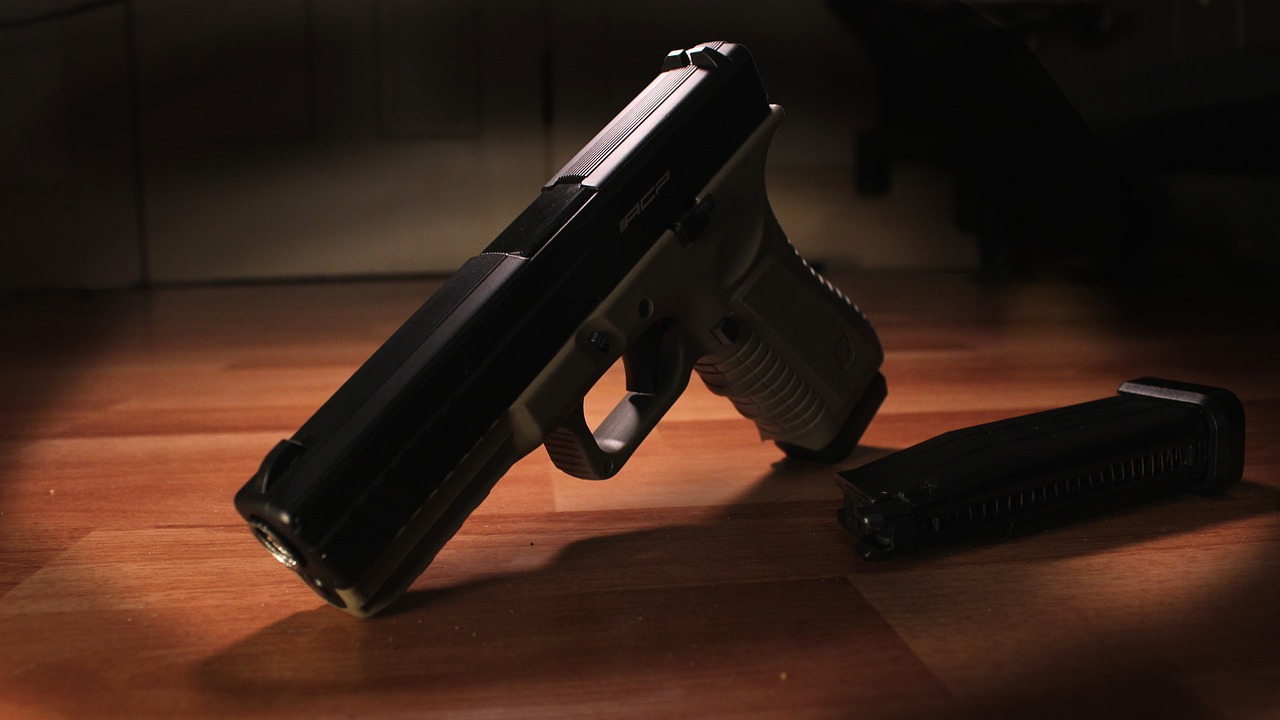More than 33,000 people die annually from firearm injuries in the United States, according to the Centers for Disease Control and Prevention. But a new study says that delaying the waiting period for gun purchases could save as many as 1,700 lives yearly.
Researchers at the Harvard Business School examined laws regarding waiting periods for handgun sales in 43 states and the District of Columbia from 1970 to 2014, CNN reports. The results showed that delaying gun purchases for a few days were linked to a 17% drop in gun deaths, and a 7 to 11% decrease in suicides using firearms per year.
Deepak Malhotra, professor of negotiation and conflict resolution at Harvard Business School and lead author on the study, says,
We can say confidently that waiting period laws reduce gun homicides.
He added, “There seems to be a lot of evidence to suggest that suicides also are reduced, but further research might be necessary on that issue.”
In the states that have a waiting period, an estimated 750 gun homicides are prevented as a result. The study says, “Expanding the waiting period policy to all other U.S. states would prevent an additional 910 gun homicides per year without imposing any restrictions on who can own a gun.”
By definition, a waiting period law is “a mandatory delay between the purchase and delivery of a gun” in which the gun owner must wait two to seven days before receiving the firearm.”
The delay serves as a “cooling off” period, so that any anger and suicidal impulses have passed. Researchers believe that this could close the window of opportunity for people who have violent tendencies, or to stop individuals who have “malevolent” intentions from using a firearm.
The study likewise used the 1994 Brady Handgun Violence Prevention Act to determine data on a time in the United States when waiting period laws were regulated. This delay prevented the possibility of factors such as demographics, other policies, alcohol consumption, income and age groups from interfering, according to Malhotra.
The researchers hope that their work can influence changes in gun waiting policies, as there have been no federally mandated waiting periods since the Brady Act expired in 1998.
Malhotra said, “What is nice about this study is that it identifies a policy change which does not take guns away from anybody and yet can have a significant impact on gun deaths.”
























